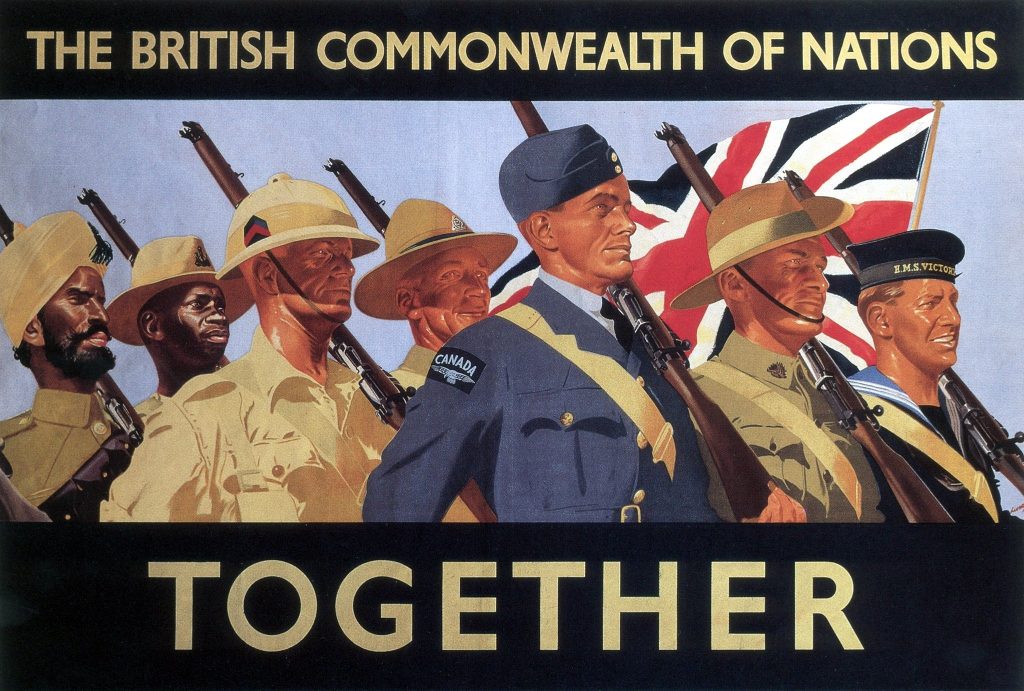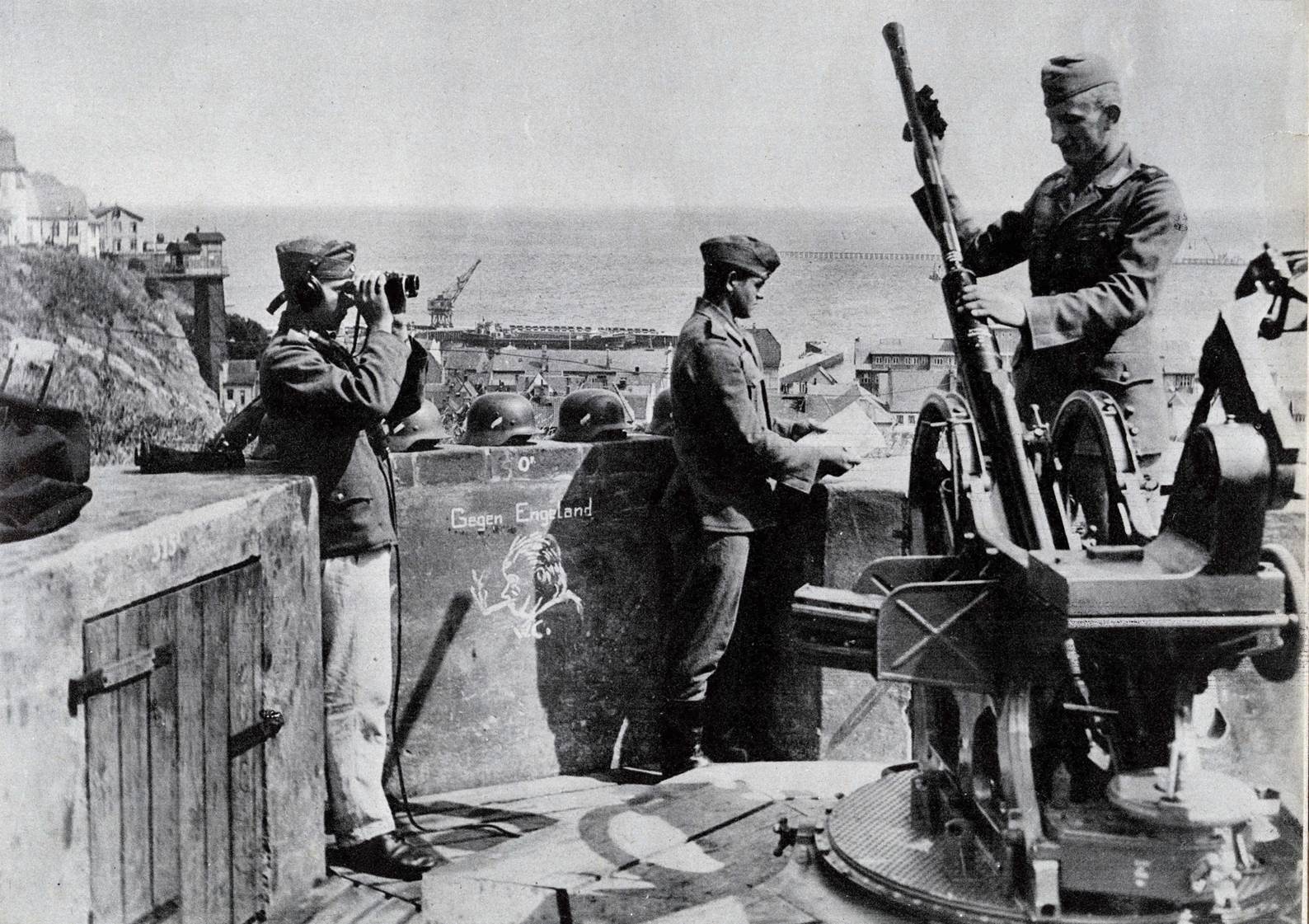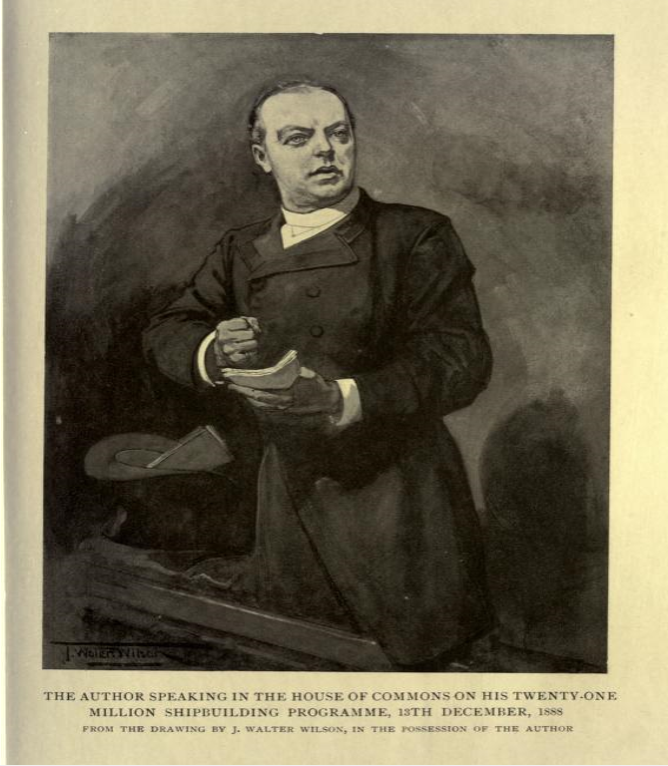
Written by Rebecca Berens Matzke.
In the Great War, the British government modernised and systematised propaganda for the first time. From the beginning in 1914, it aimed not only at domestic and enemy audiences, but also at the most powerful neutral country: the United States. The Propaganda Bureau, operating secretly from Wellington House, recruited popular British authors to write or compile persuasive information in pamphlets. Their provenance disguised, these pamphlets were then mailed directly to thousands of ‘opinion makers’ in the USA—professionals, political and church leaders, academics, and journalists. They aimed to influence American public opinion toward preserving the nation’s benevolent neutrality and later to recruit the USA to Britain’s cause.
Leave a Comment

